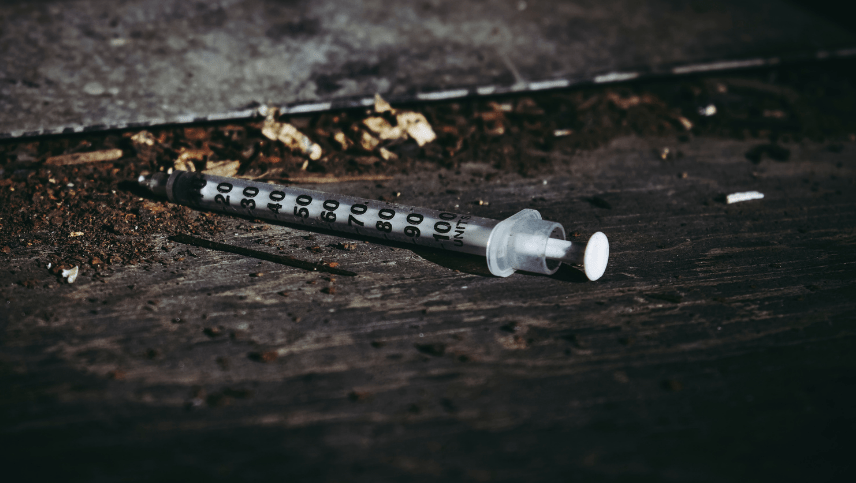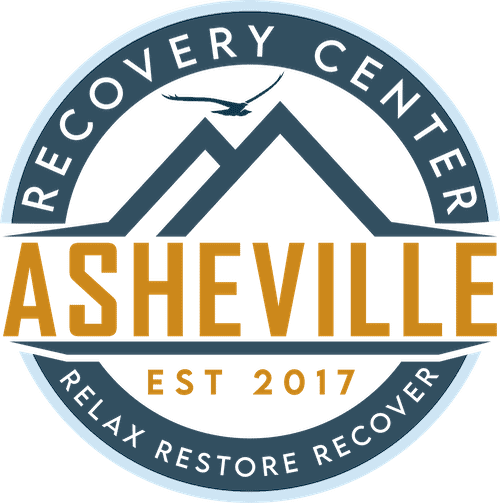Withdrawing from any addictive substance can be hard, and many people experience a relapse during their first year of sobriety. However, by seeking care from a treatment facility or medical program, addicts can reduce their chance of relapse while also reducing withdrawal symptoms.
Recovery is not a straight line, and relapse is very common. Approximately 40% to 60% of drug addicts relapse at least once during their recovery journey. However, there are many ways to reduce the chance of relapse.

1. Detox Under Medical Supervision
For many, withdrawal is terrifying. The symptoms can be bad and many just don’t want to go through it. The anxiety surrounding detoxing alone is reason enough for many addicts to continue using. Because detoxing from a drug alone can be scary and dangerous, medically supervised detox is almost always recommended for detoxing from drugs like heroin.
By detoxing in a safe environment, users will be less likely to cave to the withdrawal symptoms that urge them to use again. Detoxing safely with a doctor present can help people feel safer, and therefore less likely to relapse.
2. Attend Inpatient or Outpatient Therapy
The opioid drug crisis has led to many individuals developing an opioid drug addiction. Because of this widespread crisis, there are many programs out there to help addicts recover safely. Inpatient treatment centers often combine medically supervised detox with group therapy, individual therapy, and more.
For those who can’t commit to staying in a treatment center, outpatient treatment is a great option. These types of centers usually require patients to attend daily sessions in the morning or evening. For people with children, full-time jobs, or other commitments, outpatient treatment offers vital support while allowing them to go about their daily life.
Treatment facilities help to teach addicts how to cope with triggers, deal with stress, and prevent relapse.
3. Try Medications to Decrease Withdrawal Symptoms
There are a few medications out there that work to help reduce withdrawal symptoms associated with heroin addiction, therefore making relapse within the first few weeks much less likely. These medications must be taken after detox has been completed, and are most often offered in conjunction with another program, like inpatient or outpatient treatment.
One drug, Suboxone, makes it so taking opioids has no effect while also reducing the withdrawal symptoms patients feel. Many have found success in using these types of medications to reduce their chance of relapse.

4. Attend a Support Group and Find a Sponsor
Creating a support network is vital to one’s recovery. Finding a support group that helps, like Narcotics Anonymous or AI-Anon can be really helpful. These groups allow people to talk about their experiences in a safe space while developing a plan to help reduce cravings, manage triggers, and live a sober lifestyle.
While these 12-step group therapy programs are great, there are many ways to build a support system. Through these groups, addicts can find a sponsor who helps them stay clean. This gives them someone to call when they feel like they may use and need someone to talk them down.
5. Seek Ongoing Treatment to Reduce Your Chance of a Relapse
To prevent relapse, addicts should continue to seek treatment long term. Talking to a therapist, attending a group session, or even going back to outpatient treatment can greatly reduce the chance of relapsing. Even after a long period of sobriety, addicts should still keep up their support network and work on their recovery.
If you or someone you love is addicted to heroin or opioids, Asheville Recovery Center can provide you with the support you need to begin recovering from your addiction. Call us today and talk to addiction specialist to learn more.







